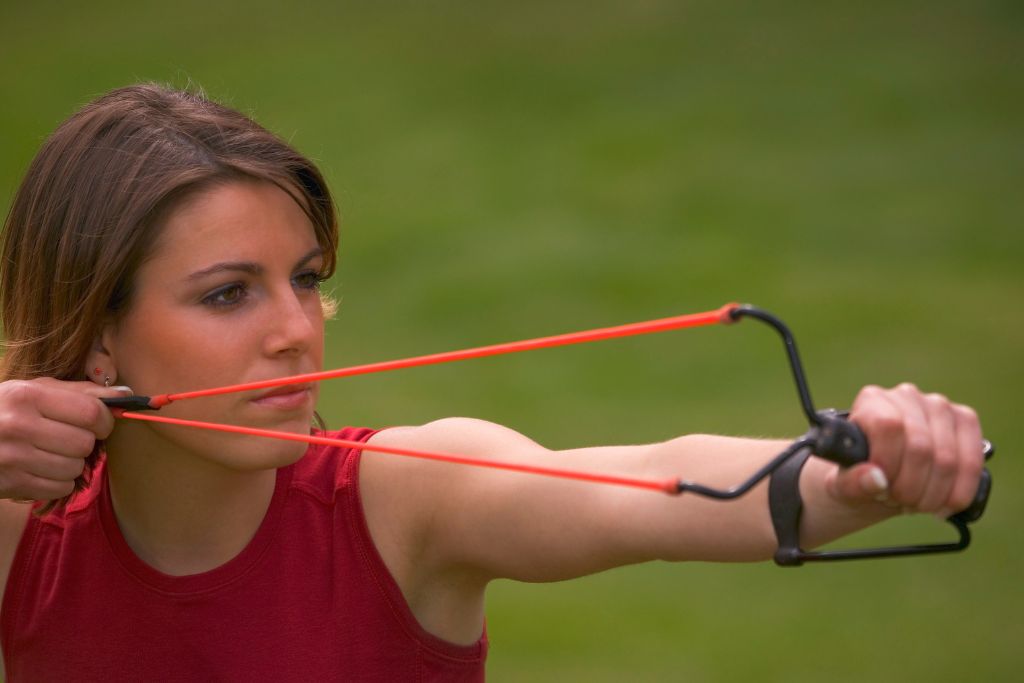Whether you are an experienced wilderness and urban survival skills enthusiast or a newcomer, you will find plenty of tips and tricks to help you navigate the wilderness in style. Some of the things you will learn include the basics of finding water, building a slingshot, and adapting to a new environment.
Gray-man
Grey-Man wilderness and urban survival skills can assist you in keeping your family safe and out of harm’s way. These skills can also keep you alive in the event of a disaster.
The idea of the Gray Man comes from the brain’s reticular activating system (RAS). This system filters sensory input and allows only the most important data to make it into the brain. It works by scanning faces and dismissing unimportant ones. It is like a face controller at a club.

The Gray Man is not a new idea, but it has been adapted to suit the needs of the modern world. It is not a magical cure-all. A Gray Man needs to know when to take advantage of his surroundings. A Gray Man also needs to understand the basics of human psychology.
Silcock key
Having a sillcock key is a must for any urban survival buff. This tool is the simplest way to turn on the water in your survival canteen or to fill up your water bottle from a tap.
The best part is that it is relatively cheap and easy to get your hands on. You can find sillcock keys at any hardware store. A ten-dollar budget will get you the job done, and a twenty-dollar budget will give you a slick-looking key ring.

The sillcock key may not be as impressive as the one pictured, but it’s a good idea to have one on hand. These are available at your local hardware store, or you can look for online retailers like Amazon.
Building a slingshot
Having a slingshot is a great survival tool. It’s an inexpensive, lightweight, and very versatile weapon. It can be used for target practice, hunting small games, warfare, and more. It’s also a great deterrent against attackers.
Slingshots are easy to use. They can be made from a variety of materials. You can use leather, cordage, fabric, or even a tree branch for a homemade slingshot. You can also purchase commercially made slingshots.

Slingshots can be used to deter attackers. They are great tools for hunting small games like rabbits and game birds. You can also use them to send notes across impassable obstacles.
Adapting to a new environment
Both surviving in the wilderness and surviving in the city are important skills that require thought and planning. The best survival strategies are those that combine the best of both worlds. In fact, most experts on urban survival think that the best strategy is a hybrid one that combines the best parts of both worlds. In short, the best survival plan is the one that best meets the needs of each individual.

The most basic of survival needs is shelter. A stable building provides the necessary protection from the elements as well as crime. Unlike a tent, a building can provide a plethora of creature comforts. In addition, a building can also provide the benefits of a home, such as a utility grid, sanitation, refrigeration, and communication.
Food
Whether you are living in the city or the country, you will need to know how to forage and find food for wilderness & urban survival skills. These skills are essential for anyone who wants to stay safe in an emergency.

To forage, you will need to learn the flora of your area. It is important to know what plants to avoid and what to eat. It is best to forage in an area that has not been sprayed with pesticides. You can find edible plants in thickets, abandoned buildings, parks, and schools.
Water
Using water survival skills in an urban or wilderness environment can be a challenge. You need to be aware of your surroundings and find out what the best source of water is. You also need to be prepared to repair or replace your household items.

In the case of a disaster, you don’t want to be caught off guard. You should know where to find water, how to purify it, and where to find edible food. The water that you drink should be purified because a lack of water can lead to headaches and lethargy.
Shelter
Regardless of whether you live in a small town or a big city, you’ll need to learn survival skills. You’ll also need to know how to repair your home. You’ll need to learn how to use your vehicle, how to repair pipelines, and how to purify dirty water.
The key is to be able to do all of these things without drawing too much attention to yourself. The best way to do this is to wear ordinary clothing. Avoiding large gatherings is also important.

You’ll also need to know how to forage for food. You may have to leave the city or go on a journey. You’ll need to know where to find safe mushrooms.
